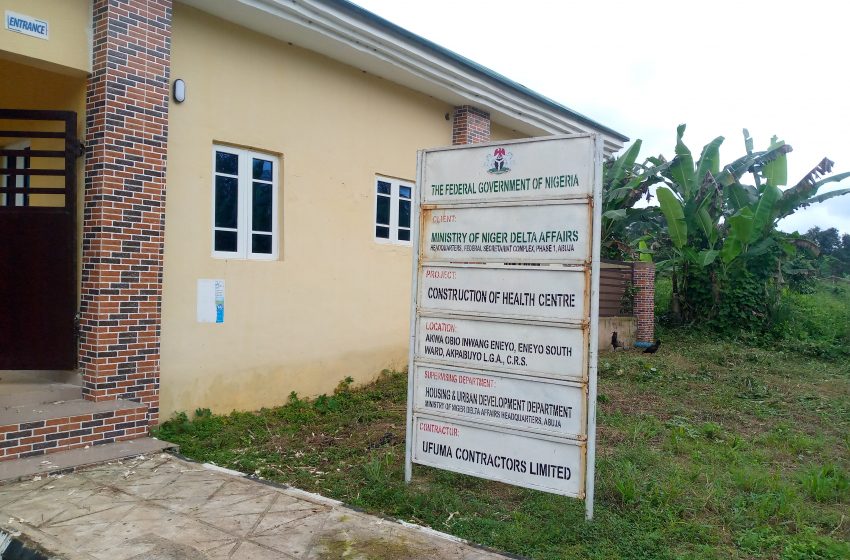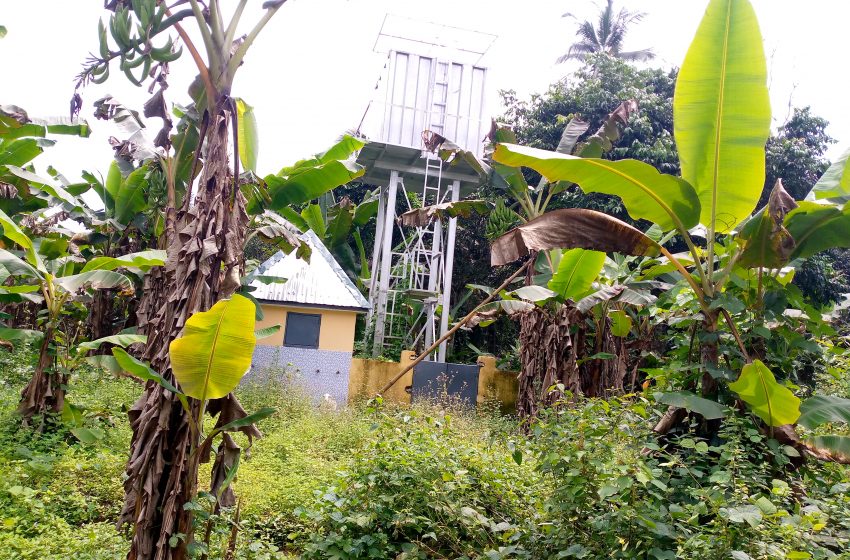-
INVESTIGATION: Inside Cross River, Abandoned Projects Leave Communities In Grave Needs (Part 2)

Just like Odupkani, health centres in Akpabuyo local government in Cross River State have been abandoned after construction. Kehinde Ogunyale reports how this has affected the community’s healthcare. Every two months, Etim Ekpenyong, a businessman and farmer, earmarks N20,000 for the clinical and medical needs of his aged father. The father, Etinyin Ekpenyong, 93, is…
-
Investigation: Cross River Communities Battle With Water Scarcity In The Midst Of Failed Water Projects (Part 1)

The Ifako Okoyong community, like several others in Cross River State, is littered with water scheme projects but the people are unable to access potable water for years.. Kehinde Ogunyale reports. Mary Ekpang goes through frustration in search of water every day. She treks several kilometers to a local stream for drinking and cooking water.…
-
Video Explainer On NDDC Audit Report

The Minister of Niger Delta Affairs, Godswill Akpabio, had submitted the forensic audit report on the Niger Delta Development Commission (NDDC) to President Muhammadu Buhari, through the Attorney General of the Federation (AGF) and Minister of Justice, Abubakar Malami. Findings from the report states that 13,000 projects were abandoned in the region since the creation…
